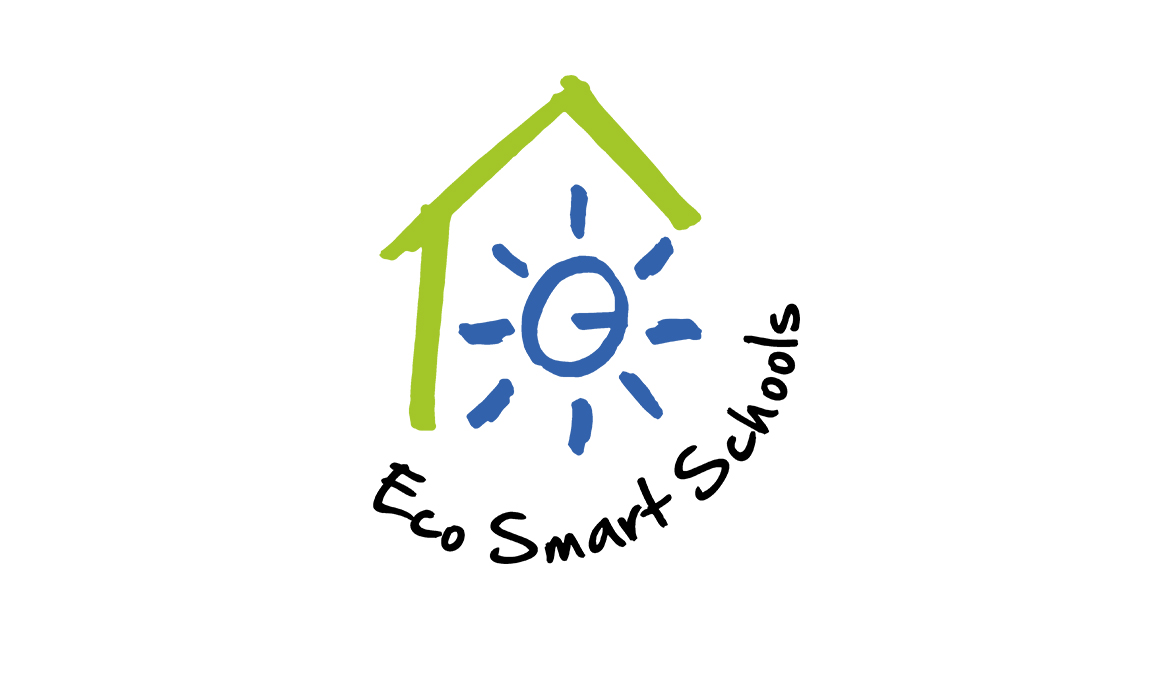
Project Name: ECO SMART SCHOOL
Project URL: https://ecosmartschools.eu/
Eco-Smart Schools
Our project will bring the terms technology, ecology and saving energy together from its approach to action
In 2020, Europe faces environmental challenges of unprecedented scale and urgency. Although the EU environment and climate policies have delivered benefits over recent decades, Europe faces persistent problems in areas such as resource use, high level of energy consumption, climate change impacts and environmental risks to health and well-being. The energy use of the schools reaches a high level in particular spending more than $ 8 billion in energy throughout the country. In 28 EU and ECC countries, households have shown little awareness on the so-called waste electrical, as each person produces 20 kgs of e-waste per year, and only 35% of it is recycled.
The EU Com. has recently presented the European Green Deal, which is an ambitious package of measures that should enable Europeans to benefit from sustainable green transition and also represents the new EU growth strategy including promoting resource and energy efficiency, providing access to basic services and a better quality of life for all.UNESCO also has published that, creating a more sustainable world and to engage with sustainability-related issues, individuals must become sustainable change-makers (4th global report, UNESCO). For that to happen, we must start developing a set of competencies fully engage with social dimensions in environmental protection, climate change, and responsible consumption. Therefore, learning practices and curricula in schools have great importance for the students and their teachers as well. But; when these curricula are examined, it is seen that there is neither course content nor learning materials (including extracurricular) for students in high Schools understanding energy efficiency(not theoretical but real cases) and actions outside the boundaries of the curriculum. EU reports often emphasize the importance of school education in creating a clean and sustainable environment. It is inevitable to transform into schools that produce their own energy, recycle in the clean and sustainable environment axis, control their waste and perform energy-saving actions.
In order to gain the required qualifications and developing hands-on exercise and learning materials, students and Teachers basically need critical thinking, creativity, inquiry-based thinking, computational thinking within ‘real life’ STEAM contexts. High school students learn the theoretical topics non-domain-specific context in schools, as a result, they cannot participate in practices that bring STEAM disciplines together. This situation causes schools,teachers, students to be inadequate in fulfill needs and EU targets. Therefore as stated in ET 2020 working groups and EU Education policies; the integrated approach of STEAM will help these skills more concrete and connected to the real-world. The project will, therefore, produce a series of STEAM-based domain-specific learning materials and kits produced in maker-spaces within the context of Eco-Smart schools. The kits and resources will include experimental learning within the maker-space labs and will be based on the pedagogical principle of project-based learning. STEAM-based learning has shown that teachers and students have opportunities to learn by focussing on ECO-SMART school problems that have real-world applications. Having the opportunity to students to hands-on solutions will enrich and upskill their higher-order thinking skills into action.
Therefore project Eco-Smart has been producing well-crafted and disruptive five Intellectual Outputs as a catalyzer, 1 LTT activity to create a real learning experience by facilitating maker labs both for students and STEAM teachers will learn how to do prototypes in Maker spaces to create their own kits in their schools,6 multiplier events to spread and inform to target groups well-informed and benefited along with the project, project inner management deliverables and set of results that lead to the transition of normal schools to Eco-smart schools.
